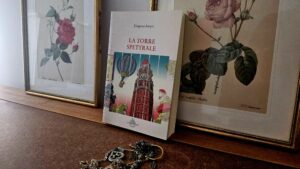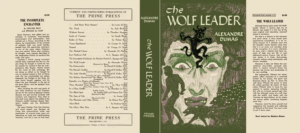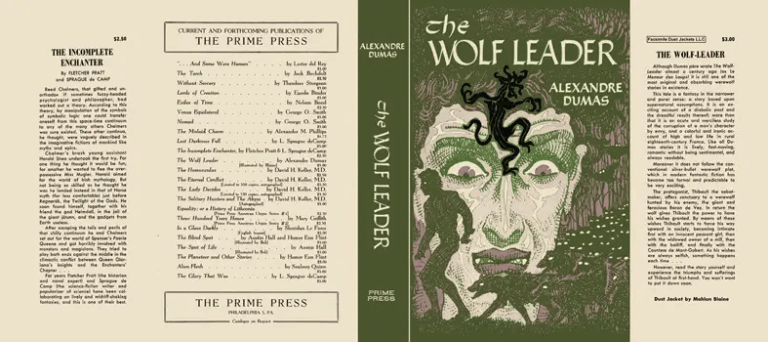New rejection, new book on Patreon!
Florence Marryat (1833-1899) was a British author and actress, and perhaps one of the most underrated figures in the Victorian era.
Born the daughter of famed naval captain and novelist Frederick Marryat, Florence’s life was marked by both privilege and upheaval. Her parents separated when she was young, and her education came from governesses and her father’s extensive library. In 1854, she married Thomas Ross Church and embarked to lead a life in colonial India. However, the marriage soured, and she returned to England a decade later, a single mother with three children.
Florence eventually turned to writing, and she achieved success with sensational novels that explored social issues and defied societal expectations. Her first novel, Love’s Conflict (1865), was written while her children were ill from scarlet fever, to distract herself from “sad thoughts”. Her work often challenged Victorian norms and garnered a devoted readership, and she became involved in spiritualist circles, reflecting the era’s fascination with the supernatural. In her later years, Florence remained active. She championed writers’ rights through the Society of Authors and even ran a school of literary arts.
The novel follows the story of Harriet, the daughter of a mad scientist and a woman of mixed-race, who possesses a vampiric ability she’s unaware of: she drains the life force of those close to her. As the main character leaves her Jamaica convent and sets to Europe, danger and death spread around her, the people she loves consistently fall ill and die, and the hypocritical Victorian society connects her aura of misfortune to her racial heritage, progressively excluding her from society.
The novel explores the possibility of a scientific explanation, blurring the lines between the supernatural and the rational.
Published in 1897, it wasn’t well received: The Speaker wrote it was part of a wave of imitations triggered by Bram Stoker’s Dracula and defined Marryat an “inferior writer”. It’s still comparatively little known.








No Comments